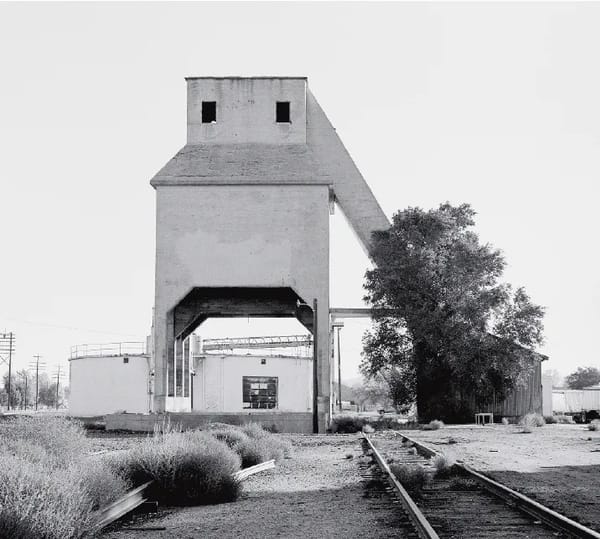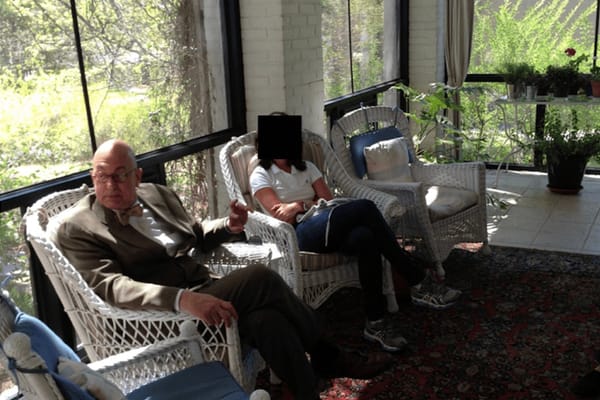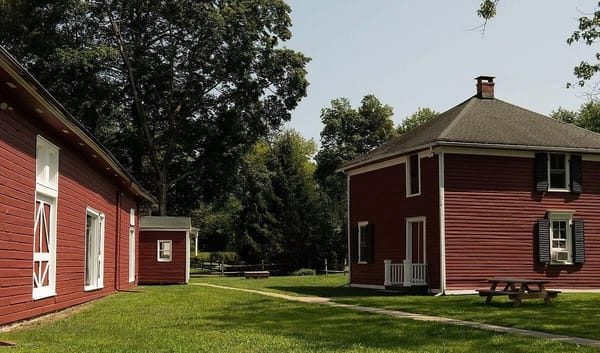
Peter Davies and Mark Scherzer are the owners of Turkana Farms in Germantown, New York. This week Mark writes: When my sister sent me Blake Hurst’s article from “The American” last week, I thought it was an obscure little piece that you all would be unlikely to know about. And I thought it was important to engage with the article, because maybe nobody else was doing so. After sending out my response, I decided to see if, infact, there was a debate going on. After all, the title of his article was aggressive and provocative, and he was voicing the sorts of resentments toward the sustainable agriculture movement that you would expect to find among more traditional large-scale farmers in the heartland. Remember the howls when Michael Dukakis suggested in 1988 that farmers in Iowa shift to growing arugula? Googling “The Omnivore’s Delusion” turned up 103,000 hits in the three weeks since its publication. Though the article has received plenty of notice, I’m not sure there was much that could be characterized as debate occurring.

There were adulatory reviews in right-wing venues like the National Review, which were hardly surprising. There were dozens of reprints, excerpts, and links back to the article on dozens of other sites—such as university ag extension sites—that farmers of all stripes are likely to read. Often the article was referred to as a “must read” because it raises “the other side.” The attention the article is getting suggests something of a blowback from all the negative portrayals of industrial agriculture recently appearing in film and print. The “agri-intellectuals” Hurst attacked, however, have apparently not yet responded in large numbers. A couple of animal rights activists questioned the veracity of the drowned turkey story that Mr. Hurst used to justify industrial animal-raising practices. If fact, Peter had doubted its veracity from the start. He felt it was one of these apocryphal stories—a rural legend, if you will—that he'd heard before, with a slight adjustment of the details to suit the teller's purposes. But I only found a couple of pieces, albeit very incisive ones, taking on Mr. Hurst for ignoring the environmental costs of the style of farming he advocates. In An Agri-Intellectual Talks Back, Tom Philpott concisely enumerates the environmental costs Mr. Hurst sets to one side in his analysis. Another post, by David Friedlander also analyzes Hurst's avoidance of environmental costs. Friedlander looks at many of the same issues I examined (he includes a picture of de-beaked turkeys for those with the stomach to look.) While Philpott also takes the trouble to check the records of a commodity subsidy data base, and points out that the Hursts’ extended family took in $1.4 million in federal crop subsidies over a 12 year period for their corn and soybean operations. (Philpott contends that Hurst's immediately family's share was $242,000 over the same time period.) He points this out not to have a gotcha moment, but to suggest that the real parties interested in keeping the system geared to this style of production are the Cargills and Monsantos to whom most of that subsidy money inevitable flows in the form of the farmers’ purchases from them of genetically modified seed, herbicides, pesticides and the like.

I also did a little google research on Mr. Hurst and found an article featuring him in USA Today on January 2, 2002. He explained to the paper that net income on his 500 acres of corn and soybeans, without subsidies, would amount to a mere $22,500 that year, not enough to sustain a farm family. Hence the need to cash the subsidy checks. To be totally fair to him, the article recounted his advocacy for eliminating farm subsidies so that farmers would be “free” to flourish in the free market—even as he cashed the government checks. Indeed, he and his wife have (or had at the time) a second agricultural operation, growing and selling bedding plants in 5 states, that is totally unsubsidized. In Mr. Hurst’s personal history of acceptance of large amounts of government largesse, together with his political philosophy of self-reliance and belief in the free market as the font from which all prosperity springs, seems to illustrate a recurrent theme in American politics. It is being played out right now even more clearly in the debate over health care reform. Those most vigorously opposed to government interventions and directions are often the ones who benefit most from it. I wonder whether their resentment stems from the economic circumstances that compel them to accept subsidies or from guilt over deviating from their own philosophy of self-reliance, or from fear that, if they frankly admitted the government’s legitimate role in making economic policy, they would find themselves a dis-empowered minority in a much larger polity, relegated to serfdom. Industrial farmers and their advocates in government seem determined not to confront this obvious contradiction, making reasoned debate difficult, at best. This doesn’t mean, to my mind, that we shouldn’t be trying to discuss and understand across the divide. I encourage everyone who has given thought to the matter to begin engaging in the debate, whether on-line, by communicating with our elected representatives, or on the community level. —Mark Scherzer







